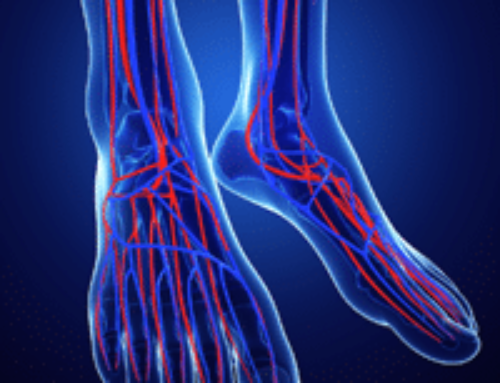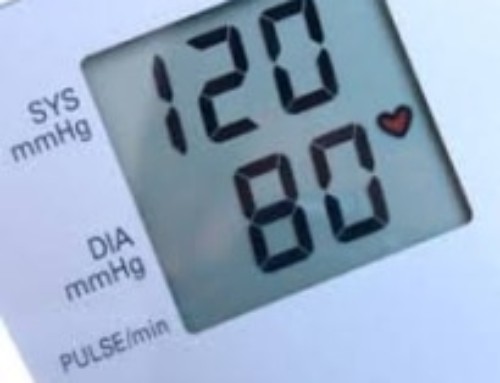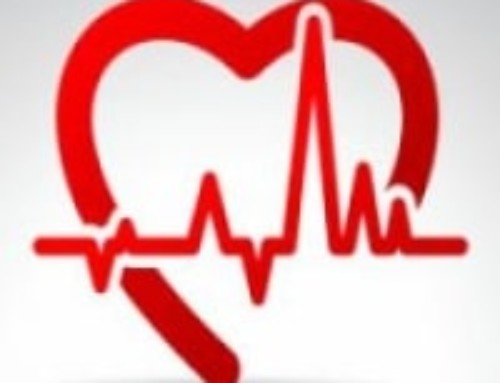From time to time, changes in accepted medical practice occur. Here is an example of such a change. As a cardiologist in Plano TX, many of my patients have valvular heart disease. Frequently the problem is a mild one, either mild narrowing or mild leakage of a valve. While such minor conditions rarely affected peoples’ day to day lifestyles, in the past they have been reminded frequently by their cardiologists to take antibiotics before going to the dentist. At every office visit this has been drilled into their minds. This was the recommendation of the American Heart Association from an article published in 1997.
Now the American Heart Association has come out with new recommendations for EP, or Endocarditis Prophylaxis (prevention of infections in the heart). While there may be an increased risk of infection with certain procedures (dental work, GI endoscopy or urologic procedures), the risk is still very small and is outweighed by the risk of the emergence of antibiotic-resistant bacteria and reactions to the antibiotics (such as allergic reactions and/or the development of inflammation of the colon).
If you have Mitral Valve Prolapse and other valvular abnormalities, such as Aortic Stenosis or Aortic Regurgitation, you no longer have to toil to find antibiotics before the trip to the dentist. This makes life much easier! Some people will need to continue EP with antibiotics. For instance, individuals with prosthetic heart valves and individuals who have had previous infection in the heart (Infectious Endocarditis) will require EP. If one has had a heart transplant and the valves of the transplanted heart are deteriorating, that person will need EP. Finally, congenital heart disease that remains surgically uncorrected or repaired with artificial materials will require that the individual have EP. Repaired congenital heart defects with residual defects near the site of an artificial patch or device will also require the protection of EP. We hope this short discussion keeps you up to date.
If you have questions or if you are one of the aforementioned individuals who has been using preprocedural antibiotics, feel free to discuss this with your physician.




